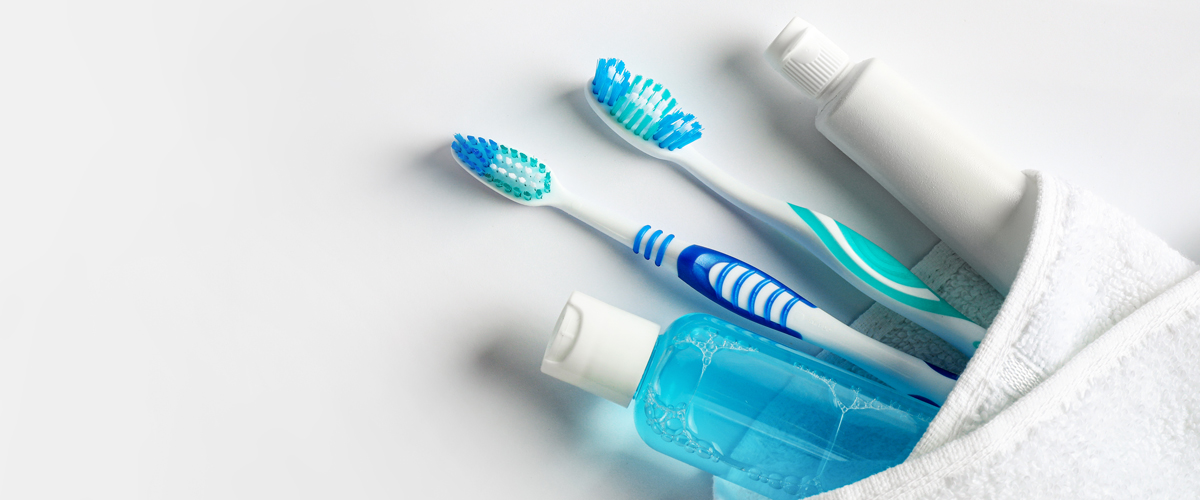The Connection Between Oral Hygiene and Your Overall Health

May 16, 2025 | Tags:
Brushing your teeth might seem like preventive care, but it’s closely tied to your overall wellness. Good oral hygiene isn’t just about having a bright smile and fresh breath. It can protect you from health issues caused by harmful bacteria.
This connection highlights the importance of regular dental visits and how consistent oral hygiene practices keep your teeth and gums healthy.
The link between oral health and overall health
Your mouth is the gateway to your body. When food and drink residue is left on your teeth, it can grow harmful germs and bacteria that may enter your bloodstream.
Poor oral health can lead to an increased risk of infection that can enter your bloodstream and cause serious health issues like cardiovascular disease, endocarditis, respiratory infections and pregnancy complications.
Good oral health practices and regular dental checkups not only control germs and bacteria, but they can prevent and identify serious dental issues early.
Maintaining good oral hygiene
You can protect your teeth and gums by following these general tips:
- Brush your teeth regularly: At least two times per day for at least two minutes each time with a fluoride toothpaste and soft-bristle brush. Replace your toothbrush every three to four months, or after being sick.
- Use floss and antibacterial mouthwash daily: Use at least once to help remove food pieces and reduce plaque and bacteria buildup. Choose an alcohol-free mouthwash formula to prevent dry mouth.
- Avoid tobacco products: Smoking causes lung disease and oral cancers. The American Dental Association advocates for smoking and tobacco cessation initiatives. Medical Mutual members have access to Pivot Breathe, a digital-based tobacco cessation program that helps members track, reduce and ultimately quit smoking and other tobacco products.
- Eat and drink nutritiously: Limit sugary food intake and choose water over acidic beverages, soft drinks and alcohol.
How often you should see your dentist
While certain medical conditions, medications and lifestyle factors can affect your oral health, regular dental checkups can help detect and treat issues early. Exams and teeth cleanings should be done every six months, but those prone to cavities, gum disease or other oral health issues may need more frequent visits.
Let your dentist know if you have non-healing mouth sores, discolorations or persistent lumps, which can be signs of oral cancer. Warning signs like tooth pain, bleeding gums, loose teeth or chronic bad breath should also be discussed. Your MedMutual Advantage® plan includes access to preventive dental coverage with $0 copays for two dental exams and cleanings, one bitewing X-ray and one fluoride treatment every year.
Need help finding a dentist? Use our provider search tool at MedMutual.com/FindAProvider to find in-network care near you or call the Customer Care phone number listed on your member ID card.


